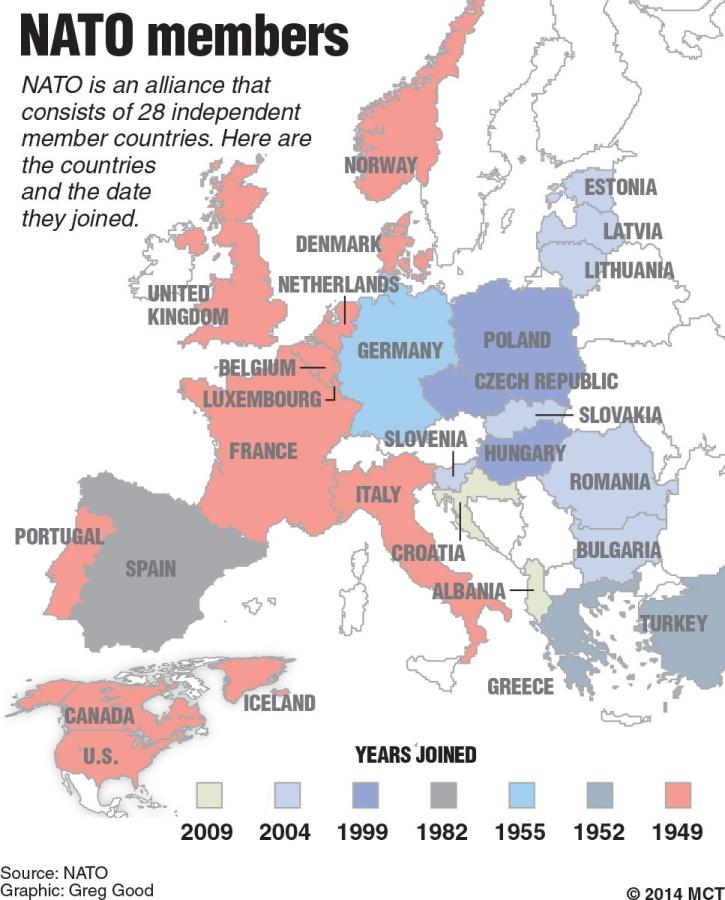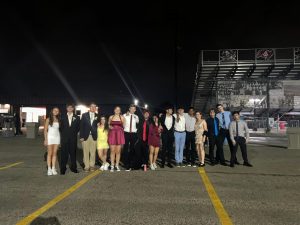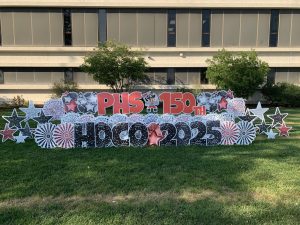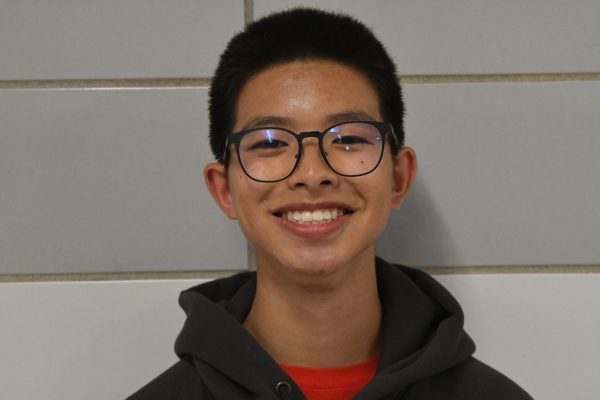NATO leaders pushing back
September 8, 2014
Ever since the dissolution of the Warsaw Pact in the early 1990s, it’s de facto rival, NATO, has been looking for a new mission. The North Atlantic Treaty Organization found this new mission during this week’s summit in Newport, Wales: to push back on “Russia’s aggression against Ukraine,” as US President Barack Obama said Friday.
NATO took several steps during it’s two-day summit to deter Russia from further action against Ukraine. The summit started off with guarded optimism about a possible peace agreement between Russian-backed Ukrainian rebels and Kiev forces, yet NATO leaders promised more sanctions if Russia manipulates this agreement as a cover for secretive maneuvers.
German Chancellor Angela Merkel noted that Russia “…should expect that these sanctions could indeed be put into force, but with the provision that they can be suspended again if this [peace] process really takes place.”
NATO Secretary-General Anders Fogh Rasmussen added “[w]e call on Russia to pull back its troops from Ukraine and stop the flow of arms, fighters and funds to the separatists. We call on Russia to step back from confrontation and take the path of peace.”
Added to calls for action, NATO leaders, including UK Prime Minister David Cameron, set up a rapid reaction force of nearly 4,000 troops to secure Eastern Europe that could be deployed in less than five days to major crises. The issue of funding was also addressed, with a new resolution allowing NATO members to spend up to 2% of their respective Gross Domestic Product on military defense.
Some of this money has been transferred to a trust fund to aid Ukraine, so far totaling nearly $20 million. Yet, no NATO member is prepared to give lethal weapons directly to Ukraine because it is seen as too much of a risk, and that Ukraine is only a NATO partner, not a member.
But positivity still runs high with Ukrainian President Poroshenko, who said “[t]he path for Russia to rejoin the community of nations that respects international law is still there,” and that a phone call between himself and Russian President Vladimir Putin will lead to “steps that will facilitate a peaceful resolution to the situation.”
NATO furthered this optimism by adding that “We continue to believe that a partnership between NATO and Russia based on respect for international law would be of strategic value. We continue to aspire to a cooperative, constructive relationship with Russia, in a Europe where each country freely chooses its future.”








